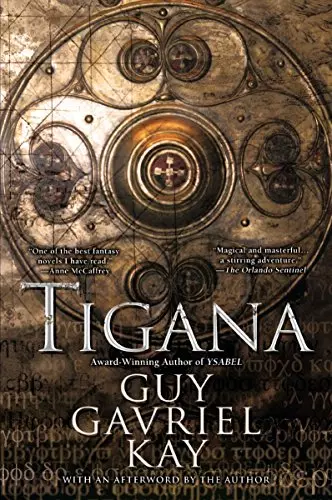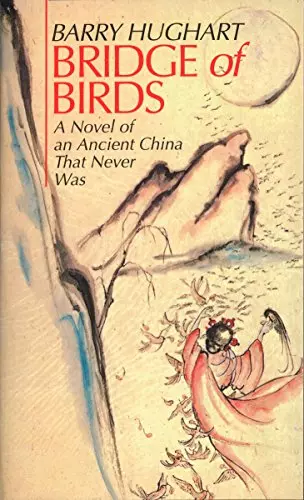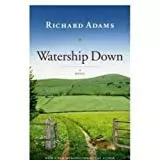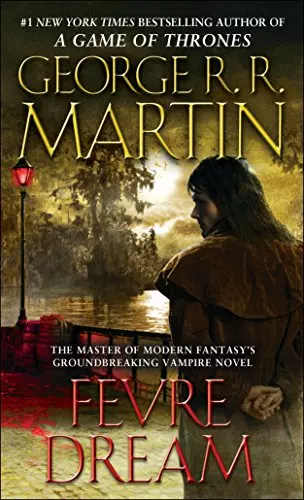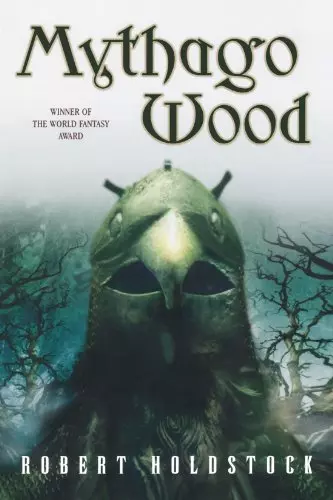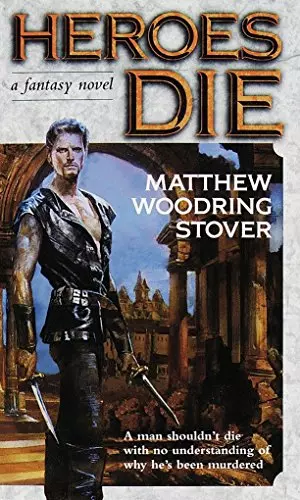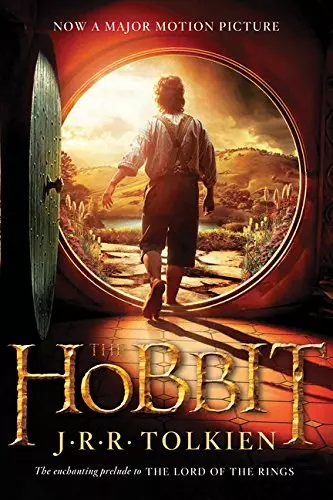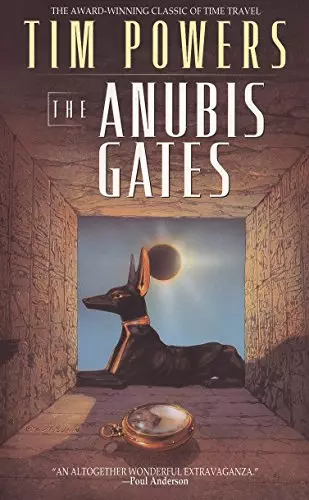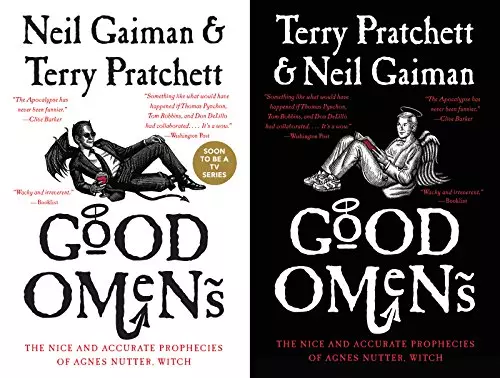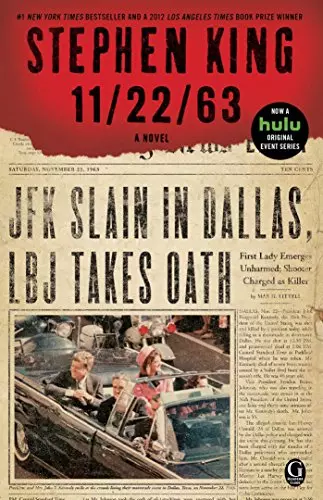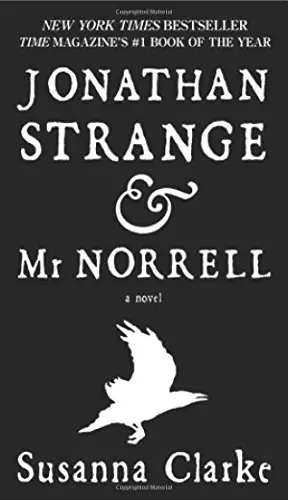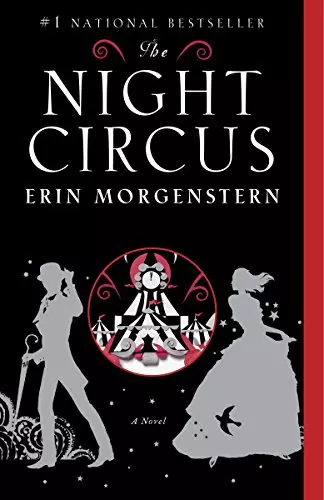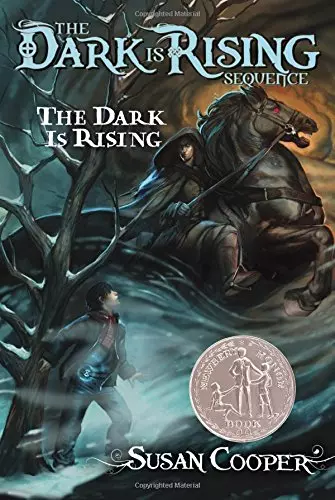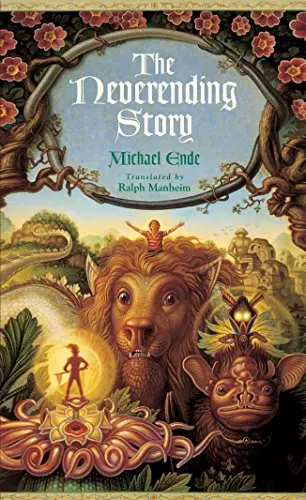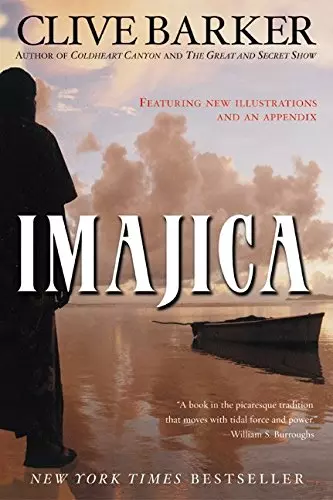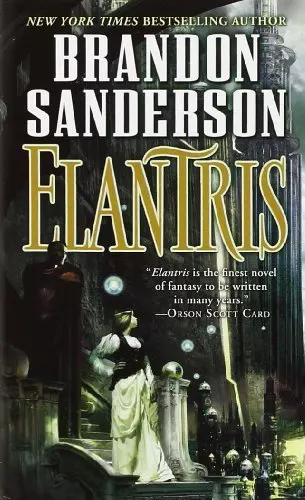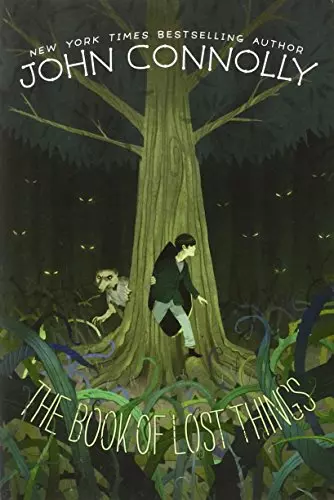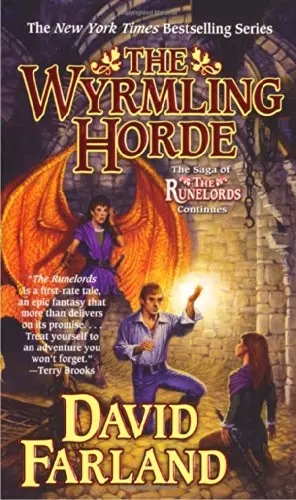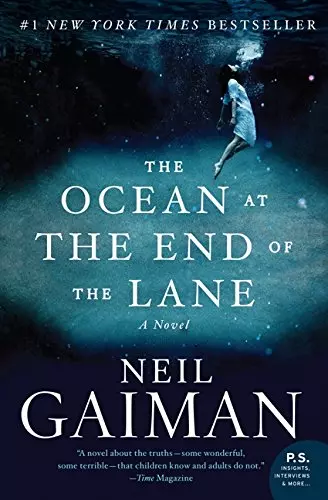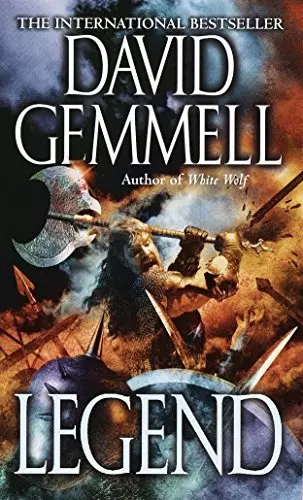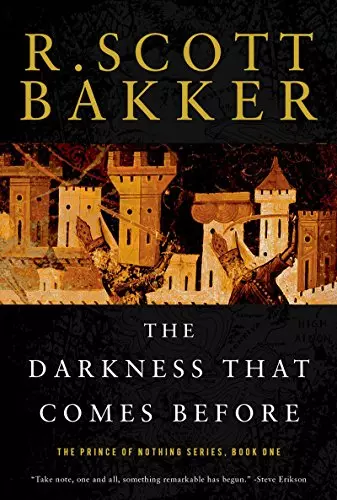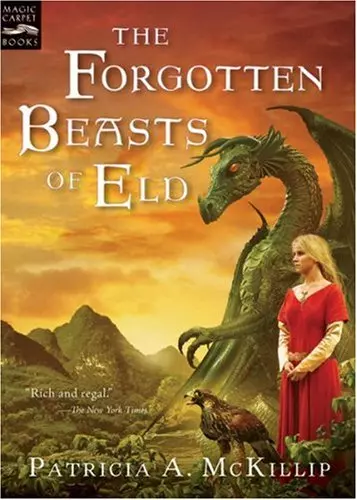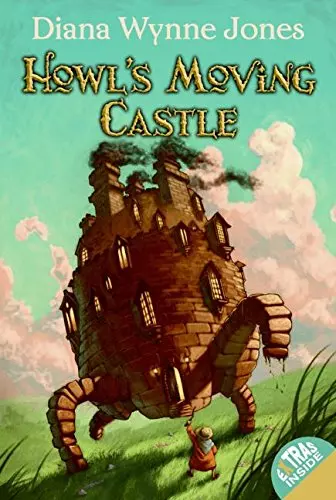Best Stand Alone Fantasy Books
Best Fantasy Novels Not In a Series
Most of the books listed on this website's top fantasy lists have been part of a series, either because of the financial incentive behind publishing multiple books in the same universe, or because their authors are not inventive and talented enough to write a self-contained one-volume story.
And while some of the best fantasy books are part of a series, not all the best the genre has to offer is. There are certainly some good fantasy books that are standalone, though I will admit that the fantasy standalone is a bit of a "rare" breed these days.
Still, great standalone fantasy books DO exist! This list offers some of the top standalone fantasy novels.
I've draw fantasy books from different fantasy subgenres and from a wide range of different time periods ranging from the previous century to the most recent (2015) to present a balanced overview of the best stand alone books in the genre.
I do my best to present some compelling reasons why each and every book belongs on this list, but I encourage you to read what other people recommend in the comment section and to check out the crowd-ranked version too to see what the public has voted (and submitted) on as the best. You might also check out each book's comment link to see what people have to say about that specific book.
December 2015 Update: This 'best standalone list' has been completely updated. It's been two full years since the last update and a lot of great new stand alone books have been released in that period AND the previous list wasn't as comprehensive and accurate a reflection of the best as I've would have liked. To remedy this, I've changed the Top 25, which was a bit restrictive, to a Top 50 list, added a ton of new recommendations (both older books and recently published), and completely reshuffled the whole list to reflect a more nuanced view of the best books.
Ranked Fantasy Books
Trending Books in Best Stand Alone Fantasy Books
Trending Fantasy Booklists
Best Fantasy Books 2025
The Must-Read Fantasy Releases of 2025 That Fans Are Devouring Worldwide
Top 25 Best Fantasy Books
Love fantasy novels? Hate wasting time reading trash? Then read this definitive guide to the top 25 Fantasy books in the genre.
The Best Sci-Fi Movies
The Best of the Best Science Fiction Movies
Top 50 Best Epic Fantasy
The Absolute Best Epic Fantasy Series
Top 100 Fantasy Books
The Top 100 Best Fantasy Books Ever Written
Top 25 Best Fantasy Audiobooks
The Best Fantasy Audiobooks (Updated 2016)

